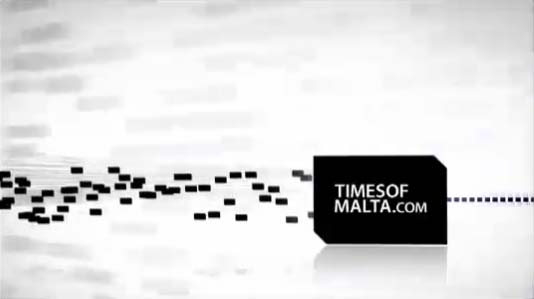The economy went into a recession during the second half of 2008, confirming the widespread feeling that Malta was not going to remain unscathed by the “big R”.
Economic growth for the whole of 2008 reached 1.6 per cent, which, although positive, was still two percentage points lower than the previous year and half of what the government was forecasting in the budget.
Figures released by the National Statistics Office last Wednesday confirmed that last year the economy contracted in real terms in the third and fourth quarters after registering growth in the first half of the year.
Eurostat defines a recession as two successive negative quarter-on-quarter changes in constant-price GDP. The seasonally-adjusted data for last year, which made it possible to compare one quarter with the preceding one, showed that the economy contracted by 0.3 per cent in Q3 and a further one per cent in Q4.
Reacting to the news, economist and Labour MEP hopeful Edward Scicluna said he was amazed that the government’s economists did not get wind of the GDP data for the third quarter when drawing up the budget last year.
“The budget predictions were always looking too optimistic and the latest data confirms what some economists, including myself, had been warning,” Prof. Scicluna said.
A more shocking revelation for economist Karm Farrugia was the data for gross fixed capital formation, which measures public and private investment in the economy.
“Gross fixed capital formation contracted by more than 14 per cent year-on-year. This is serious because capital investment is what pumps up an economy. It transpires that the government was not aware of the circumstances that suggested we could be heading into a recession and insisted on reducing its capital investment programme.
“Unfortunately, people like myself were described as prophets of doom,” Mr Farrugia said.
Although Malta has not seen negative economic growth in years, economic analyst John Cassar White said it was not surprising considering the prevailing global recession. Mr Cassar White stressed that the most important figure to be worried about was the yearly growth rate, which for last year, although lower than predicted, was still positive.
The NSO statistics show that GDP topped €5.7 billion in 2008.
Growth in value added was generated in the transport, storage and communications sectors, financial intermediation, real estate, renting, business activities, public administration, education and health. There were also increases in wholesale and retail trade, quarrying and construction.
Drops in value added were seen in agriculture, fishing, manufacturing, particularly of electrical and optical equipment, electricity, gas and water supply and hotels and restaurants.
Times of Malta, Friday 13th March 2009 by Kurt Sansone and Christian Peregin
